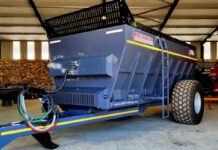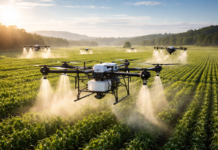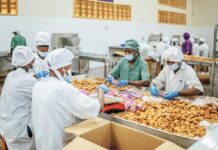Farmers urged to put mitigation measures in place
With the frequency and severity of veldfires expected to continue increasing in South Africa due to above-average rainfall during the latter part of the growing season, including other factors of climate change, the damage could result in higher food prices, as this severely impacts farm production costs.
Dating back to 2015, farmers across KwaZulu-Natal, Mpumalanga, Limpopo, Free State, Western Cape, Karoo and Gauteng, continue grappling with severe veld fires during drier and windy conditions, damaging crops, livestock and infrastructure.
“Considering South Africa’s escalating food price inflation and the ongoing challenges faced by farmers, this adds to food security issues by impacting both the supply and price of food,” says Dawie Maree, Head of Information and Marketing, FNB Agriculture.
The loses are significant when considering hectares of crop and grazing land destroyed, death of livestock and damage to costly energy, irrigation and other farm infrastructure, making it challenging for some farmers to recover quickly.
“Meat in particular which is currently the biggest driver of food inflation after surging to a 25-month high in June, is at the highest risk as the death of animals, feed supplies, pasture and storage facility loses could put meat producers under more pressure than what they are currently experiencing as a result of the foot-and-mouth disease (FMD) outbreak,” says Maree.
“We are urging farmers to put the necessary measures in place to mitigate against the risk of veld fires. Between now and the beginning of the rainy season around October and November, veld fires can spread quickly, destroying farms, and leaving relentless distraction,” he adds.
Risk management measures should be put in place throughout the year to manage and control risks of veld fires.
Maree says farmers must consider having a fire management plan, collaborate with government and other farmers within their local fire protection associations to follow procedures or protocols that will avoid disasters when starting fire in their areas.
Further, always keep fire equipment in good condition, maintain adequate firebreaks, have adequate insurance, and have regular stakeholder engagements with local communities to raise awareness and educate them about veld fires.
“While veld fires are not unique to South Africa, their frequency and severity continues to increase putting farmers on the back foot financially. Taking a proactive approach and ensuring that risk measures are in place will go a long way,” cautions Maree.
By : Dawie Maree : Head of Information and marketing at FNB








